Shelf Life of Scents: When Do Perfumes Actually Expire?
- Home
- Blog
- All articles
- Shelf Life of Scents: When Do Perfumes Actually Expire?
Shelf Life of Scents: When Do Perfumes Actually Expire?
Perfume is more than a scent; it’s an artful expression, a memory encapsulated in a bottle, and an olfactory journey that transcends time. Yet, like all good things, even the most exquisite perfumes have a limited shelf life. In this exploration of scent preservation, brought to you by MC Grand Shop, your trusted destination for fine perfumes, we delve into the intriguing world of perfume longevity. We will uncover when perfumes truly expire and how to extend their life, allowing you to savor your favorite scents for longer.
Does perfume expire?
The allure of perfume lies in its longevity, but even the finest fragrances have their limits. Perfumes do indeed have a shelf life, although it is influenced by several factors, including the quality of ingredients, storage conditions, and the perfume’s chemical composition.
Oxidation: A common culprit
One of the primary reasons for perfume deterioration is oxidation. When fragrant molecules come into contact with oxygen, chemical reactions occur that can alter the scent profile. This oxidation process can lead to the loss of top notes, which are the initial scents you detect when applying perfume. Over time, the perfume’s fragrance can evolve, and not always for the better.
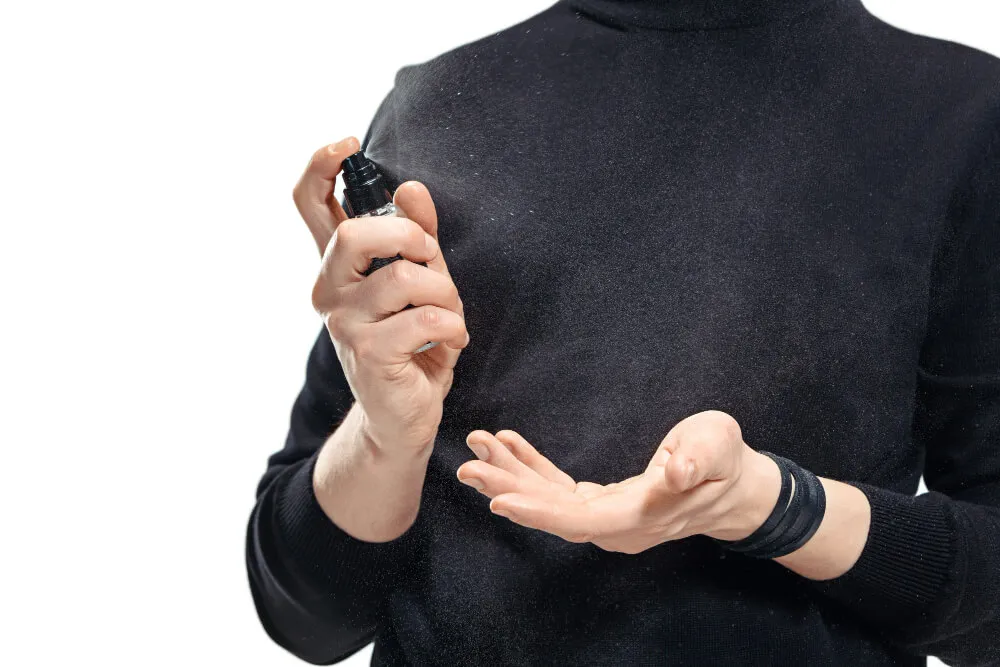
High-quality natural ingredients
Perfumes crafted with high-quality natural ingredients tend to last longer. These ingredients, often derived from botanical sources such as flowers, fruits, and spices, possess a rich and complex aroma profile. As these ingredients slowly release their aromatic molecules, the perfume’s intensity remains consistent.
Synthetic ingredients
In contrast, perfumes that rely on synthetic ingredients may experience a faster loss of quality and intensity. Some synthetic molecules may degrade more rapidly than their natural counterparts, leading to a shortened shelf life for the perfume.
In summary, the choice of ingredients in a perfume significantly impacts its longevity. High-quality natural ingredients tend to preserve a fragrance’s character over time, offering a lasting and consistent scent. On the other hand, perfumes with synthetic ingredients may not retain their quality and intensity as effectively.
How to tell if the perfume has expired?
Determining whether your beloved perfume has reached its expiration date is crucial for maintaining the fragrance’s quality and avoiding potential adverse reactions. Here are some simple methods to assess if your perfume has expired:
1. Check if the smell is the same
The first and most noticeable sign of an expired perfume is a change in its scent. If your perfume no longer smells as it did when you first purchased it, it may have passed its prime. Perfumes that have expired often develop a stale or off-putting odor, signifying a loss of quality.
2. Examine how it looks
Visual cues can also indicate the condition of your perfume. Inspect the liquid’s color; if it has darkened or become cloudy, it may have deteriorated over time. Additionally, any visible particles or sediments in the bottle may be a sign of spoilage.
3. Check the expiry date
Many perfumes feature an expiration date on the packaging or bottle. While this date is not mandatory, it can serve as a helpful reference. If your perfume has exceeded its expiration date, it’s a strong indication that its quality may have diminished.
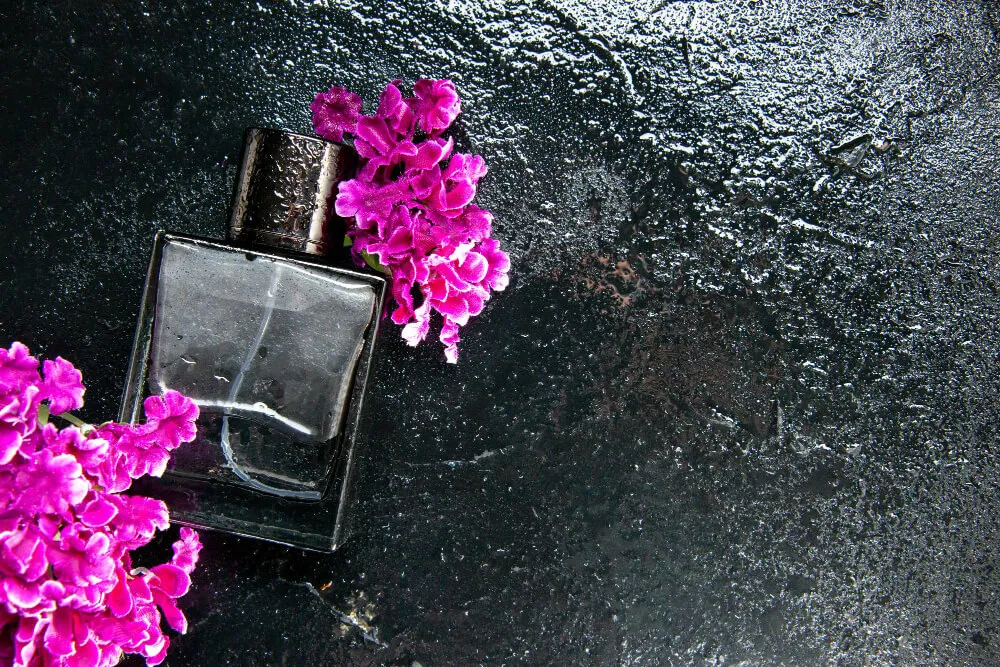
How to keep perfume for longer
Perfume is more than just a fragrance; it’s a work of art, a memory, and an expression of individuality. To ensure that your precious perfumes maintain their original quality and last as long as possible, it’s crucial to store them correctly. Here are some essential tips on how to keep your perfume for longer and maximize your fragrance investment.
Store in a place without direct light
Light, especially direct sunlight, can have a detrimental effect on the chemical composition of perfumes. Over time, exposure to light can cause fragrances to break down and lose their original character. To protect your perfumes, store them in a cool, dark place away from windows and direct sunlight.
Consider investing in a perfume storage box or cabinet with opaque or UV-resistant glass to shield your bottles from harmful light exposure. This not only preserves the fragrance but also maintains the aesthetic appeal of your perfume collection.
Store in a cool place
Temperature fluctuations and high temperatures can accelerate the degradation of perfumes. To ensure the longevity of your fragrances, store them in a cool environment with a consistent temperature. Avoid storing perfumes in areas prone to extreme heat, such as near radiators, heaters, or in the bathroom, where temperature and humidity levels can fluctuate.
A temperature-controlled storage space, such as a closet or dresser drawer, is an ideal choice for preserving your perfume collection. Maintaining a stable temperature will help slow down the oxidation process, keeping your fragrances fresh for longer.
Don’t leave the perfume half empty for long
Air exposure can also contribute to the degradation of perfumes. When a perfume bottle is half empty, there’s more air inside, which can lead to increased oxidation of the fragrance. To minimize air contact with your perfume, it’s advisable to transfer the remaining contents to a smaller, airtight bottle or decant as you use up the perfume.
A smaller container with minimal air space will help maintain the fragrance’s original quality and prevent it from deteriorating prematurely. This practice is especially important for valuable or limited-edition perfumes that you want to enjoy for an extended period.
Rotate and use perfumes regularly
Perfume, like any other product, has a shelf life, albeit a longer one. To ensure that your fragrances stay fresh and potent, it’s a good idea to rotate and use them regularly. By doing so, you prevent any single perfume from sitting unused for an extended period, which can lead to a gradual loss of quality.
Create a perfume rotation schedule based on your collection size and preferences. Using different fragrances on different occasions not only preserves their longevity but also allows you to fully enjoy and appreciate their individual characteristics.
In conclusion, proper storage and care are essential for keeping your perfumes fresh and long-lasting. By following these guidelines, you can extend the shelf life of your fragrances, ensuring that they continue to evoke cherished memories and make a lasting impression. Perfume is an investment in self-expression, and with the right care, your collection can provide enjoyment for years to come.
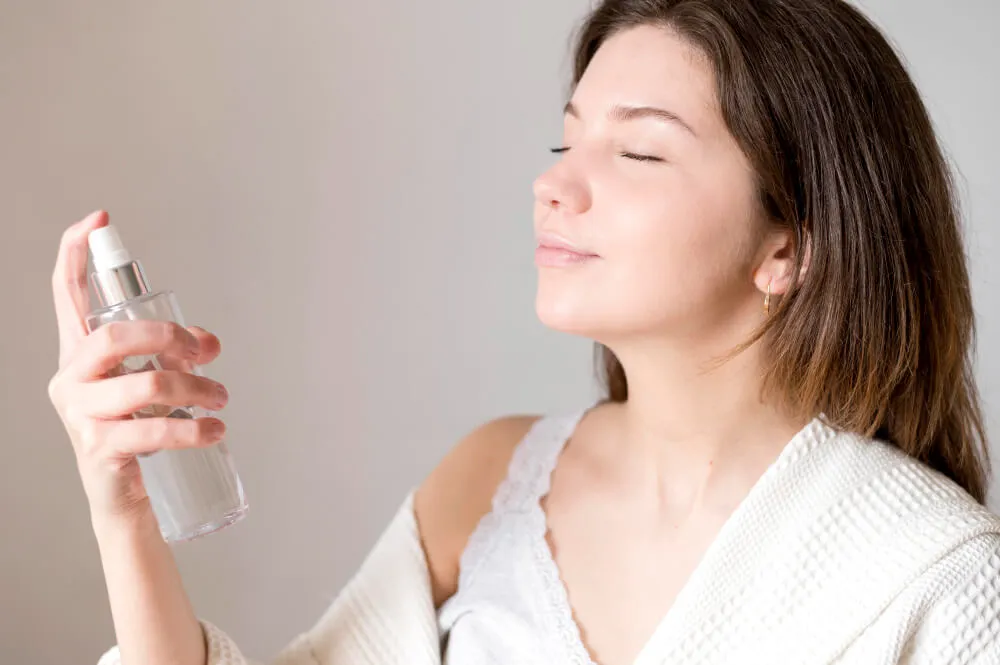
Is it dangerous to use expired perfume?
Using expired perfume may not pose significant health risks, but it can lead to undesirable consequences. The altered scent may not provide the pleasant experience you expect, and in some cases, expired perfumes could potentially cause allergic reactions or skin irritations. Additionally, the degraded quality of the fragrance may result in unsightly stains on clothing.
Allergic Reactions
Expired perfume may contain deteriorated ingredients that have the potential to cause allergic reactions or skin sensitivities. As fragrance components break down, they can become more volatile and prone to triggering allergies or skin irritations. This is especially true for individuals with sensitive skin or fragrance allergies.
Applying expired perfume to your skin can result in itching, redness, rashes, or even more severe allergic reactions. It’s essential to conduct a patch test if you’re unsure about the condition of your perfume or if you’ve had allergic reactions to fragrances in the past.
Conclusion: Why we should take care of our perfumes
In conclusion, the shelf life and longevity of perfumes is affected by various factors, including how we store and care for them. Perfumes are more than scents; they are an extension of our identity, a source of cherished memories and a boost to our self-esteem. By taking the time to protect and preserve our perfumes, we ensure that they will continue to be present in our lives, allowing us to express ourselves, create lasting memories and experience the timeless beauty of fragrance. So, let your fragrances flourish and become an integral part of the most precious moments in your life, pay attention to some factors in storage and monitor the expiration date, so that you can use each perfume in your collection to the maximum benefit.
At MC Grand Shop, we invite you to explore a world of fragrances that deserve to be cherished for years to come.
Similar Articles
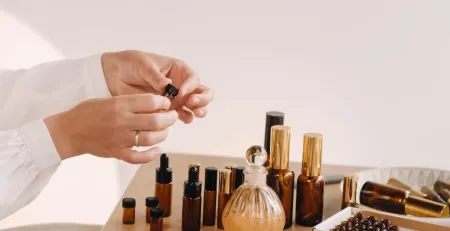
Alchemy of Aromas: The Intricate Process of Perfume Making
What is Behind Perfumes? Behind every bottle of perfume lies a... read more
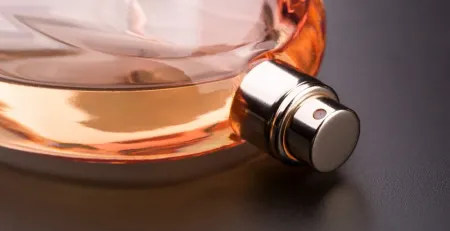
Where to Store Your Perfumes: Tips for Perfect Places
What is the Significance of Proper Perfume Storage? Effective perfume storage... read more
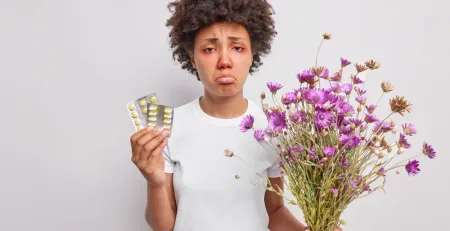
Fragrance Sensitivity: How to Deal with It?
Understanding Fragrance Sensitivity Fragrance has the unique ability to evoke emotions,... read more
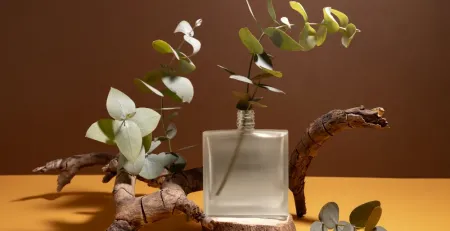
What is Natural Fragrance – Informative Guide
Introduction to the Fundamentals of Natural Perfumery In the enchanting realm... read more
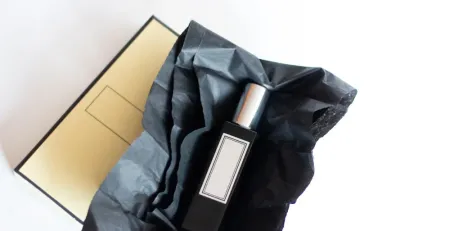
How Long Does Unopened Perfume Last: The Shelf Life
Preserving the Essence – the Comprehension of the Durability of... read more
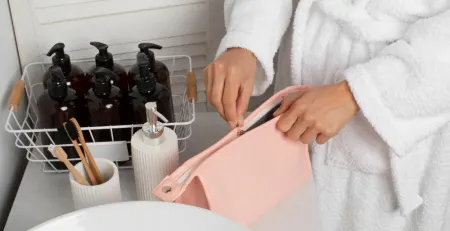
Scented Showcase: Innovative Ways to Organize Your Perfumes
The Opportunity to Stock a Collection of Great Aromas Tidy Are... read more